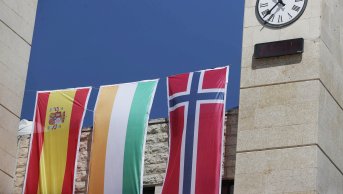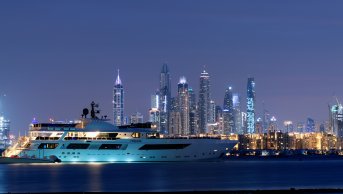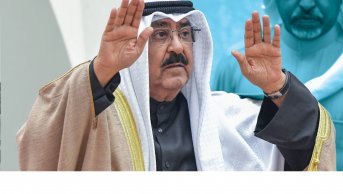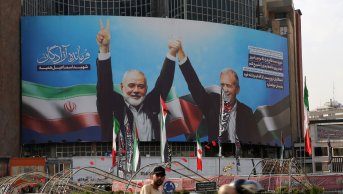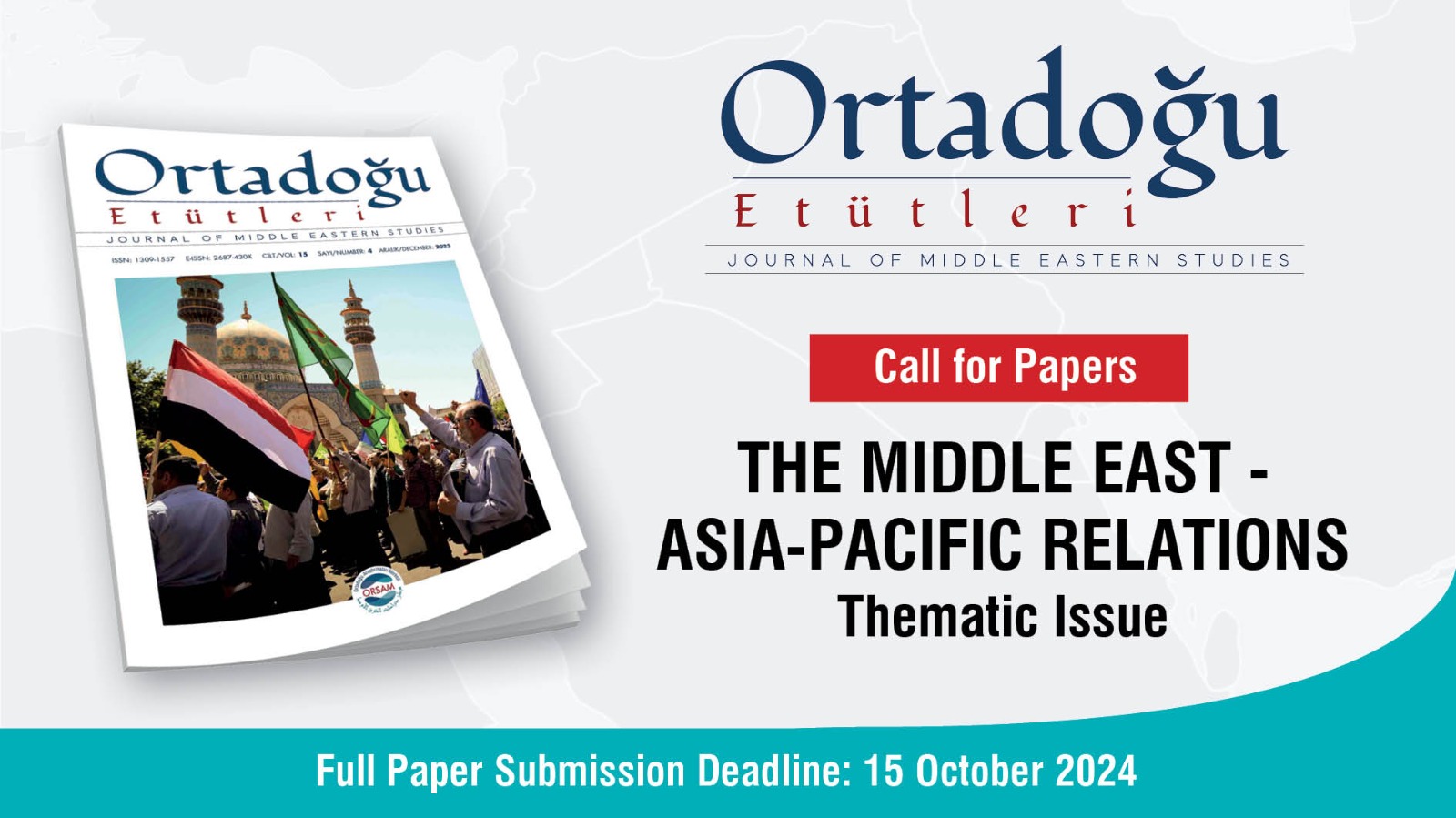The Implications of the Aramco Share Sale on Saudi Political Economy
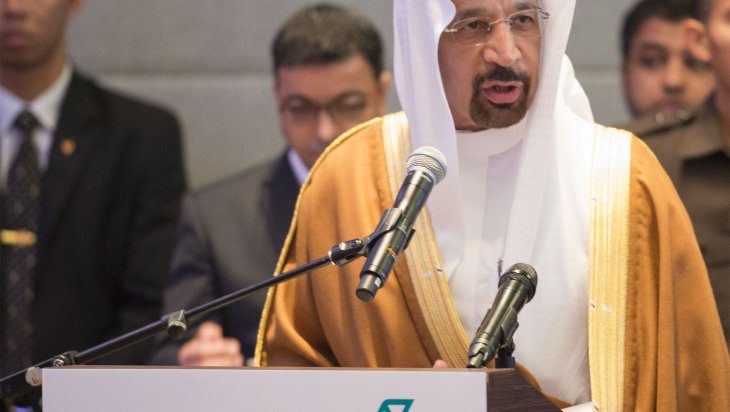
Saudi Arabia has recently completed a major financial move by selling an additional share of its state oil company, Saudi Aramco, raising $12.35 billion. This influx of money is crucial for several reasons, not just for improving the country’s finances but also for its broader political and economic influence in the Gulf region and beyond. In that respect, this influx of money and the move of second Aramco IPO is certainly related to Saudi economic diversification plans, which are under the Vision 2030.
Seemingly a financial move at first, the second IPO of Aramco is actually a political economic move by Saudi Arabia. Raising capital for enourmous projects is in line with Vision 2030 plan, which became the main policy response of the Saudi government to both challenges and opportunities in the political economic scene of the GCC region. In that respect, the main objective of Saudi Arabia’s Vision 2030 plan is to lessen the country’s dependence on oil revenue by diversifying its economy. The money from the Aramco share sale will be used to support large-scale projects like building infrastructure, opening new business markets, and creating jobs. That would mean raising capital, diversifying channels of cash inflow and consolidating the financial sector in Saudi Arabia. This is particularly important now because the oil market is unstable due to various geopolitical challenges like Russia-Ukraine, and Saudi Arabia needs a more stable economic foundation. The funds from the share sale will likely to help Saudi Arabia manage its budget better, preventing expected budget shortfalls until 2026. This financial cushion gives the government the time and resources needed to implement significant economic reforms.
To stabilise and diversify its economy, Saudi Arabia has taken several steps recently, especially after the introduction of Vision 2030 plans. One of the most impactful has been the introduction and later increase of the Value-Added Tax (VAT), which has greatly boosted non-oil revenue since it was first introduced in 2018 and then increased in 2020. Additionally, the government has been working to reduce subsidies and make public spending more efficient, which are crucial steps to reducing budget deficits. These measures show the government’s commitment to the goals of Vision 2030, focusing on reducing reliance on oil revenues and creating a more diverse and stable economy.
Aramco IPO and economic/financial objectives
Investors have shown substantial confidence in Saudi Aramco and Saudi Arabia’s economic stability by supporting its major share sale without needing extra stabilisation measures. This investor confidence is crucial as GCC countries work to diversify their economies and reduce their dependence on oil. Saudi Arabia’s improved economic status enhances its influence within the GCC and the broader Middle East. The funds from the share sale support Saudi Arabia’s ambitious projects like the Red Sea Project and NEOM, which are key to its economic diversification goals. These projects aim to transform Saudi Arabia into a centre for innovation, tourism, and sustainable development, further solidifying its critical role in the region. Additionally, the successful share sale demonstrates Saudi Arabia’s ability to attract foreign investors, strengthening its economic ties with major global economies and potentially leading to broader strategic alliances in security, diplomacy, and the economy.
On the other hand, Saudi Arabia’s Public Investment Fund (PIF) has been actively investing in various projects both within the country and internationally to support its goal of economic diversification. These investments have covered a wide range of industries, such as tourism, entertainment, renewable energy, and technology. By diversifying its investments, the PIF aims to create a more sustainable and resilient economy for Saudi Arabia. The second successful IPO of Saudi Aramco, the state oil company, serves as a model for the region. It might inspire other GCC countries to explore similar methods to raise capital. This, in turn, could make the regional capital market more dynamic and interconnected, attracting more foreign investors and increasing the availability of funds. Such financial activities could have a positive ripple effect, strengthening the economic unity of the GCC. By harmonising regulatory frameworks and promoting cross-border investments, these efforts could lead to a more integrated and robust regional economy.
Prime Minister and Crown Prince Mohammed bin Salman’s Vision 2030 reforms have significantly changed Saudi Arabia’s political and economic environment. These reforms, though controversial and challenging traditional power structures inside Saudi Arabia, have gained substantial support from the younger generation, who are eager for new opportunities. The successful Aramco IPO is a testament to MBS’s ability to push through setbacks and pursue the objectives of Vision 2030. It reinforces his position domestically and signals the seriousness of the Saudi reform agenda to international stakeholders. Internal political stability, also, remains crucial for Saudi Arabia’s long term economic and geopolitical goals.
However, challenges persist due to regional geopolitical tensions and the volatility of oil prices. The monarchy must continue its economic reforms while navigating these complexities. Additionally, international concerns about the Saudi political scene and regional conflicts may dampen the enthusiasm generated by the IPO.
Overall, the Aramco share sale is not just a financial achievement but also a move with significant geopolitical implications. By bolstering economic stability, enhancing investor confidence, and reinforcing its assumed regional leadership role, Saudi Arabia is working to secure its economic future and influence the Middle East’s geopolitical landscape. Saudi Arabia’s capacity to handle its economic reforms and financial strategies will be essential in addressing upcoming geopolitical challenges.

